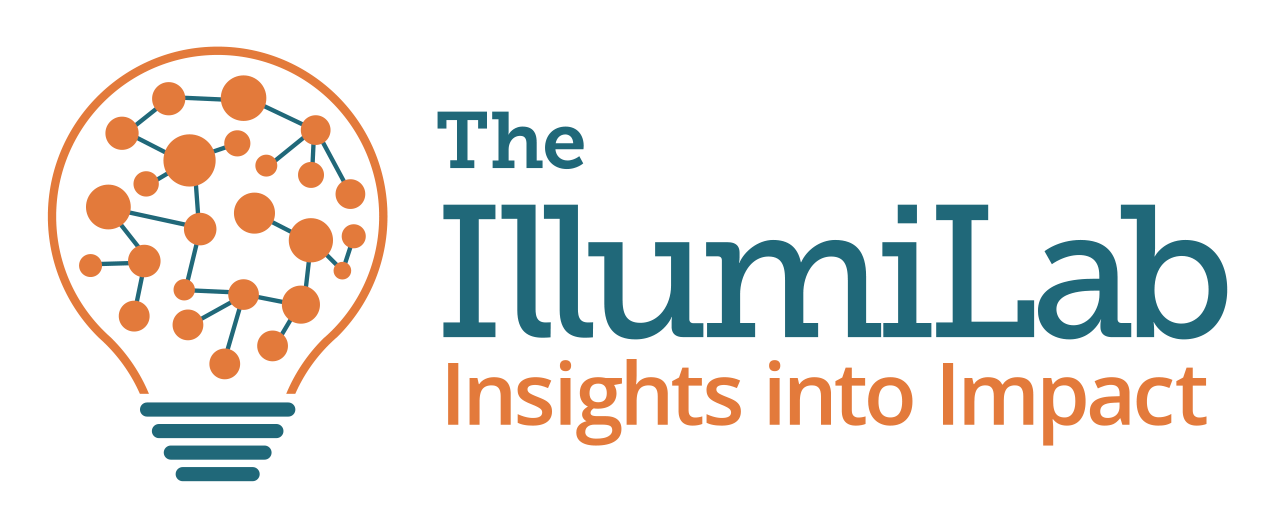Are Your Outcomes Manageable?
This is our third and final post in this series. We believe outcome statements should be meaningful, measurable, and manageable, and we recommend that organizations evaluate their outcomes against those criteria in that order, because each serves as a more narrow filter than the one before. The universe of meaningful outcomes is big, complex, abstract,[…]









